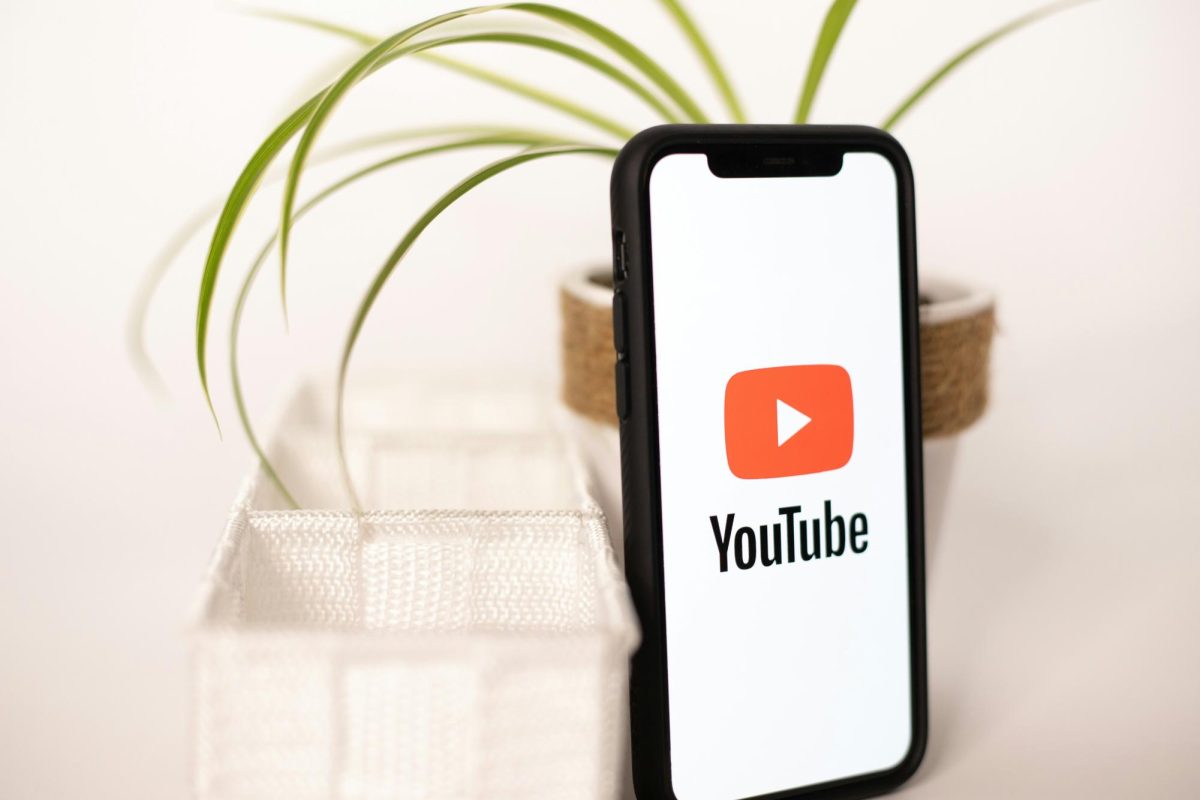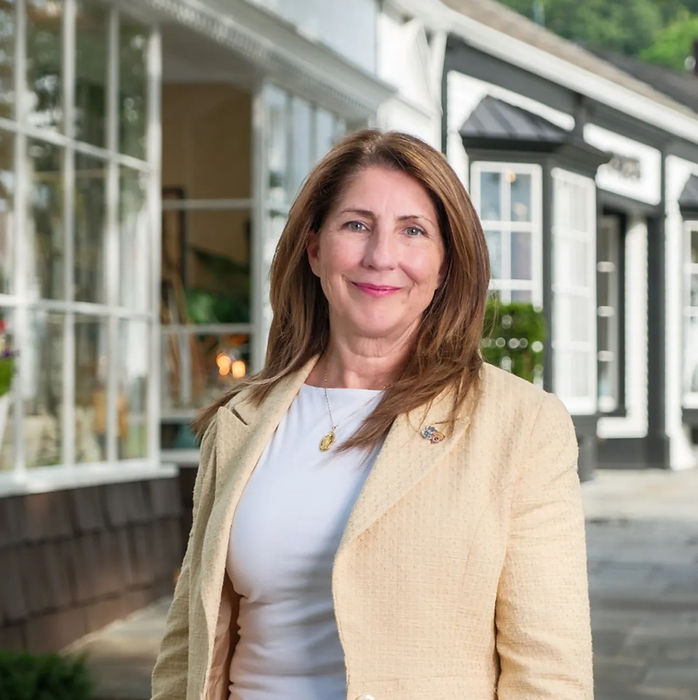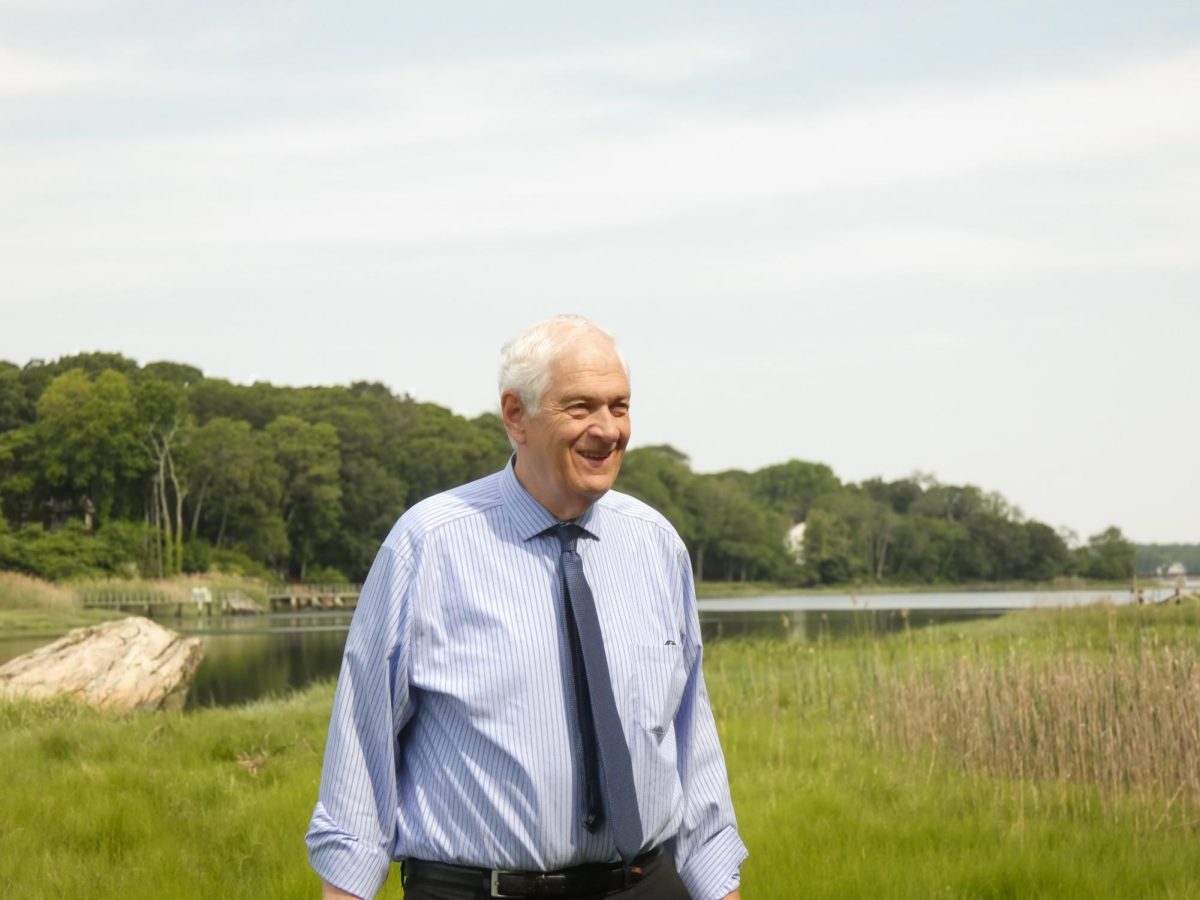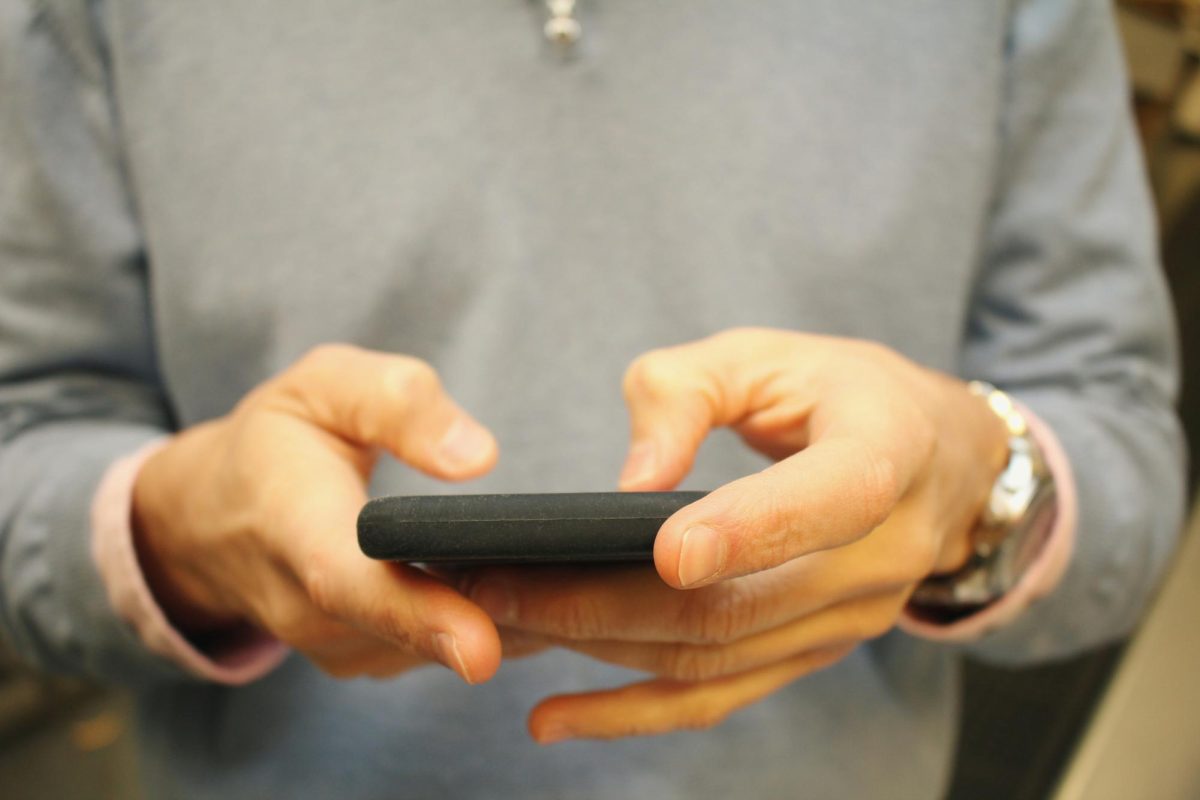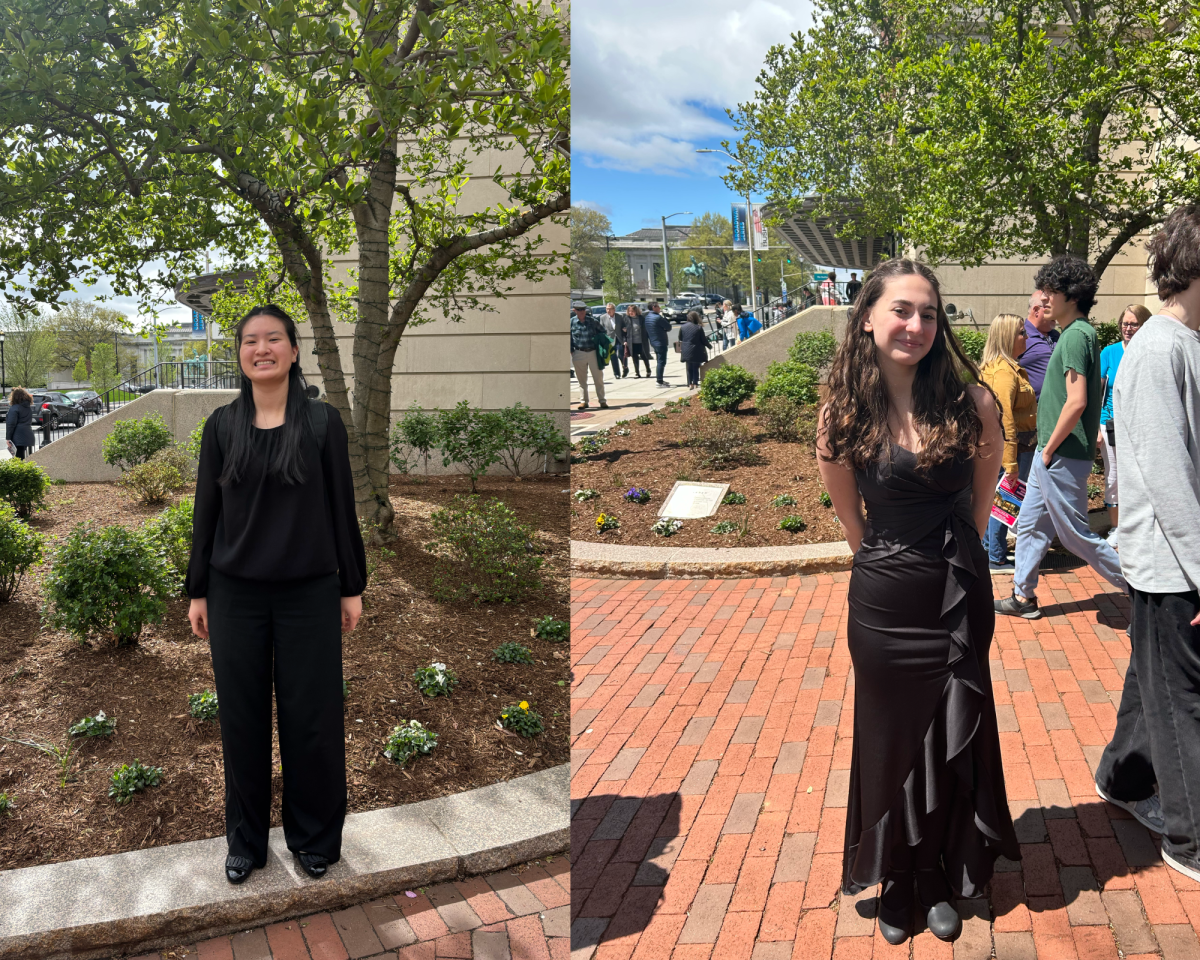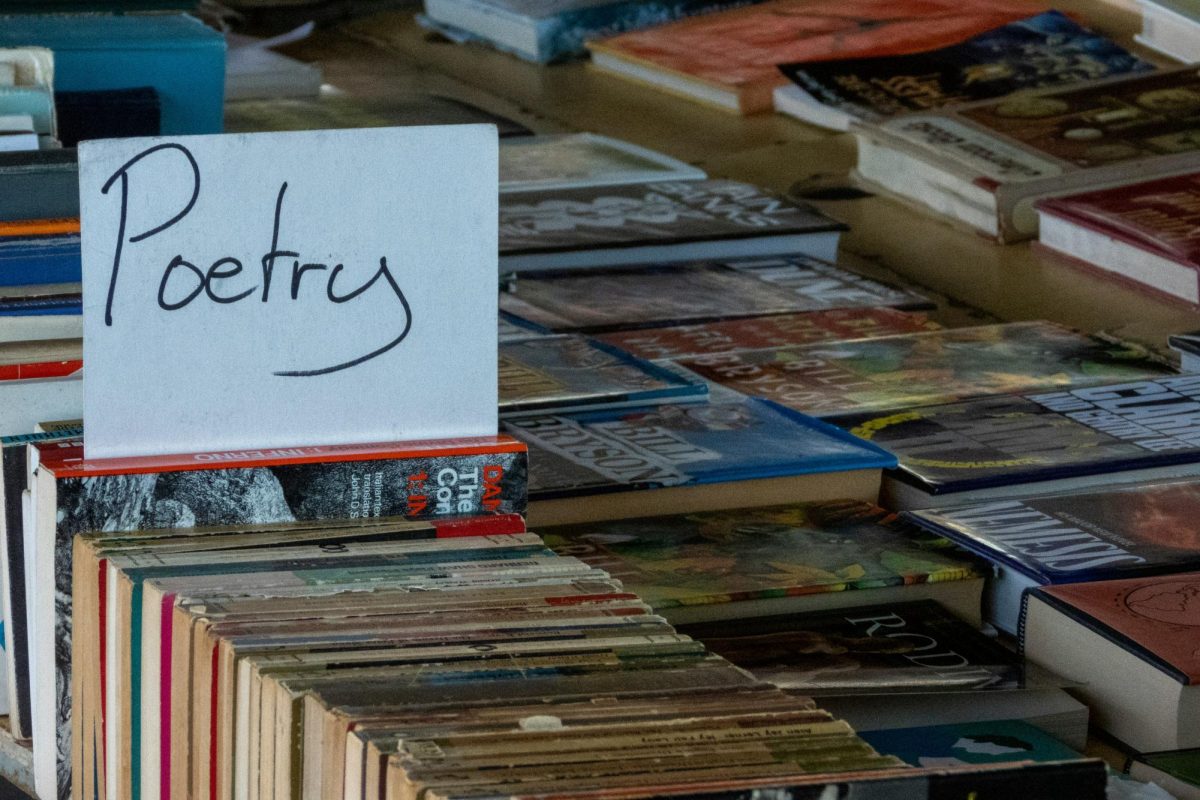This article was originally published in Kaleidoscope‘s April 2025 print edition. It is being published as a separate online article now for easy access.
On March 1, access to YouTube was turned off for Three Village students. The action followed a letter sent by Google to school administrators in November requiring renewed parental consent for student access to “Additional Google Services,” which include YouTube, Google Translate and Google Maps, by March 1. Subsequently, the New York State Education Department sent a follow-up letter informing districts that access to the services was technically already prohibited under New York State’s Education Law Section 2-d, passed in 2020. Teachers remain able to access YouTube, and they can allow students to view specific videos by embedding them through platforms including EdPuzzle, Google Slides and Google Classroom.
The vast majority of school districts in New York, including Three Village, have a subscription to Google Workspace for Education to facilitate the usage of online classroom materials. In a November message to education administrators, Google wrote that, “Educational institutions are now required to annually review and re-confirm access to Google Additional Services for users under 18. … As a reminder, the Google Workspace for Education Terms require that institutions obtain parental consent before users under 18 can access any Additional Google Service.”
Following the email from Google, Louise DeCandia, the NYS Education Department’s Chief Privacy Officer, wrote, “Although consent may provide compliance with the Family Educational Rights Privacy Act
(FERPA), [additional Google services] still cannot be used in New York schools unless they are the subject of a data protection agreement consistent with Education Law Section 2-d.”
EdLaw 2-d prohibits schools from using services that collect “personally identifiable information (PII)” for non-educational purposes. For example, YouTube collects student data for advertising, a non-educational purpose. Under the law, educational services that collect PII cannot be used in schools unless they are covered by a Master Service Agreement/Data Protection Agreement (MSA/DPA) with New York State. Google’s Core Services, such as Google Drive, Google Classroom and Gmail, are already covered under a MSA/DPA, but its additional services are not.
The change in Three Village was announced in an email to students on February 28, less than two days before the policy went into effect. Throughout Ward Melville, many students expressed disappointment that they would no longer be able to easily access YouTube channels such as Heimler’s History to supplement what they learn in class. However, students are still able to access videos if they are embedded through a website. For example, Khan Academy videos, another popular educational YouTube channel, remain accessible through the Khan Academy website. Dr. Kevin Scanlon, the Three Village Superintendent, said the district is in the process of “working around some of those things” to help students easily access educational videos that will help them in their classes.
Dr. Scanlon noted that the policy is meant to “protect students from potential harms” rather than inhibit student education. He added that there are no plans to ban any more commonly used services like YouTube in the foreseeable future, but Governor Kathy Hochul has pushed to introduce a statewide school cellphone ban in the state budget this year.



